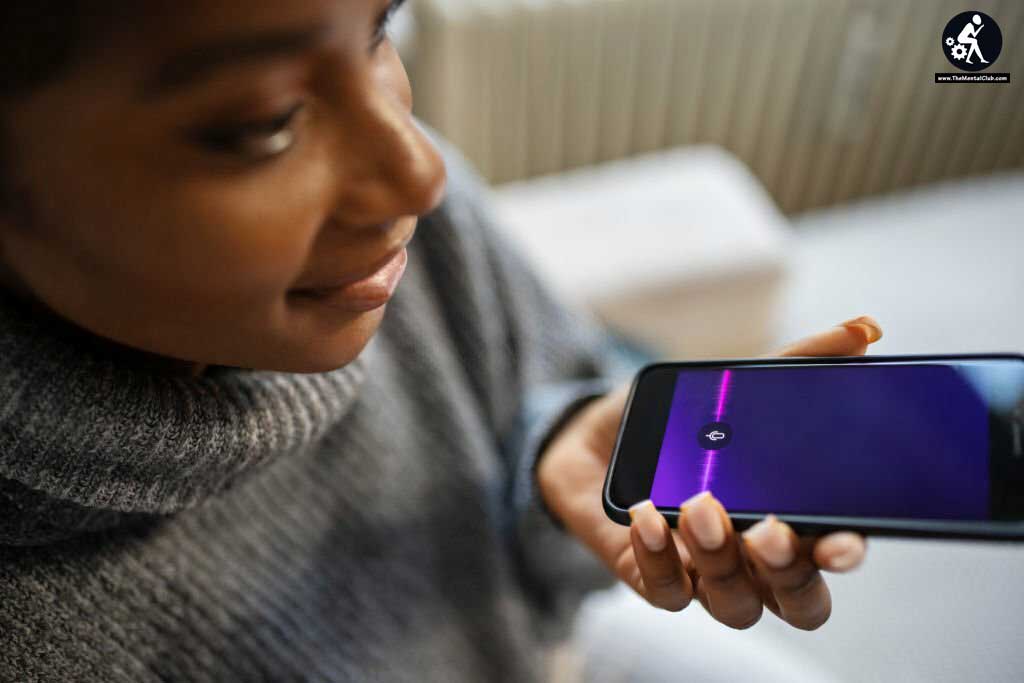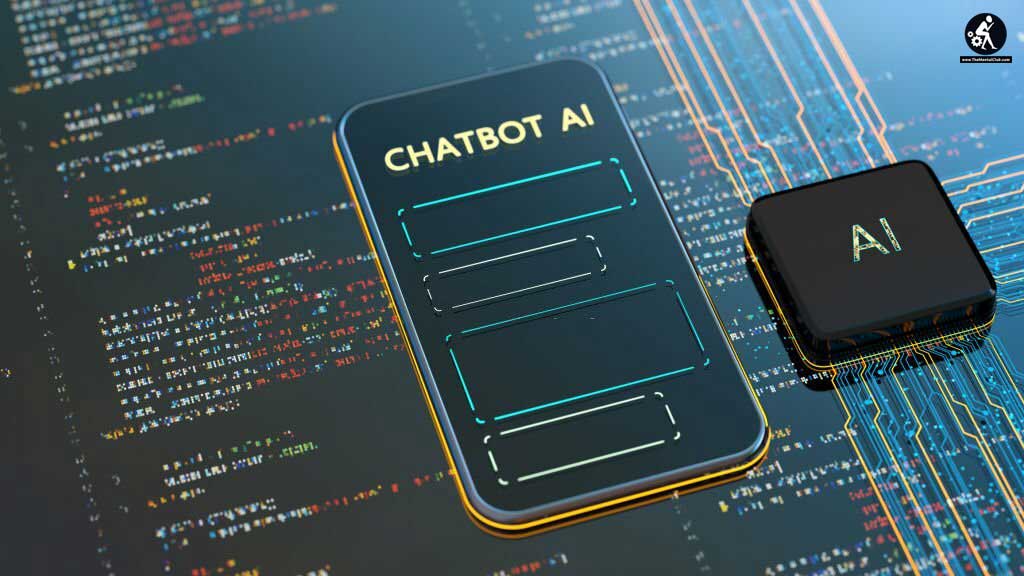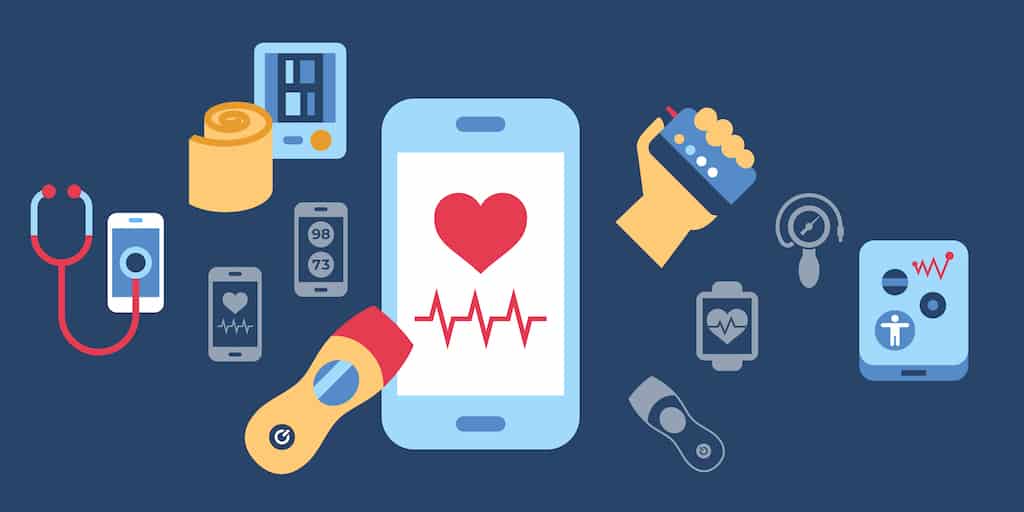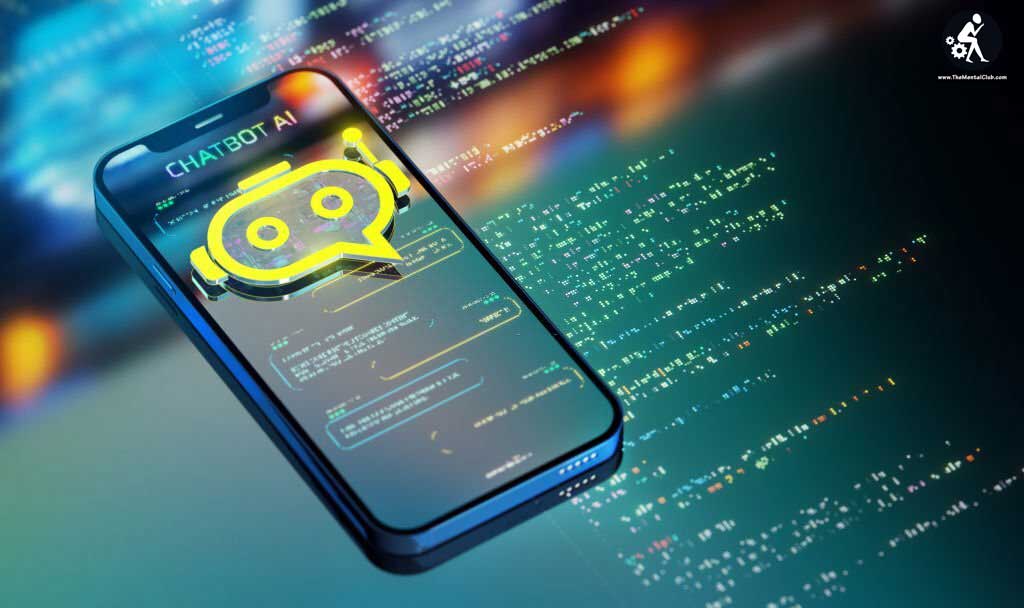Artificial intelligence (AI) integration in mobile applications has changed the game in the quickly evolving healthcare industry of today. These mobile AI-powered apps have a huge potential to improve patient care, process efficiency, and overall healthcare results. So, we will examine the crucial procedures for developing an AI-powered mobile healthcare app in this blog post.

We will discuss each stage of the development process, from conceptualization and data collecting to algorithm development and user interface design. In this blog, we will go through the crucial factors that must be taken into account while developing healthcare AI apps, such as data protection, legal compliance, and security.
Let’s dive into this blog and get a grasp of how to use AI to change healthcare through a mobile app by the time you finish this course, which will eventually benefit both patients and healthcare practitioners.
What Is a Chatbot?
A chatbot is a computer software that mimics human interaction, usually using voice or text interfaces. Customers can utilize chatbots for customer support, education, entertainment, and a number of other things. A collection of rules or algorithms are used by chatbots to process user input and produce responses.

Natural language processing (NLP), an AI approach, is used by more sophisticated chatbots to interpret customer requests better and deliver more individualized responses.
Using chatbots to communicate with companies and organizations is growing in popularity. They can offer 24/7 customer service, respond to inquiries, and even carry out duties like scheduling appointments or ordering orders.
Best AI-Powered Healthcare Apps
1. Babylon Health:
A telemedicine platform that employs AI to give patients online consultations and medical advice is called Babylon Health. Additionally, it can be used to access medical records, order prescription drugs, and make appointment bookings.

2. Buoy Health:
The symptom checker Buoy Health employs AI to suggest next steps and assist users in determining the reasons for their symptoms. Additionally, it offers educational materials on a range of health-related subjects.
3. Noom:
Noom is a weight loss app driven by AI that offers users individualized coaching and assistance. AI is used to monitor users’ progress and offer personalized dietary and exercise recommendations.
4. SkinVision:
An AI-powered app called SkinVision can assist users in spotting skin cancer at an early stage. It operates by photographing moles and other skin blemishes and then examining them for indications of malignancy.
5. Sensely:
An AI-powered app called Sensely can assist users in controlling their chronic medical issues. In order to give users insights into their illness and aid them in sticking to their treatment plan, it can track symptoms, drugs, and other pertinent data.
Steps to Build AI-powered Mobile App For Healthcare
Now is the time to learn how to develop a ChatGpt app for the healthcare industry. So, make sure to read everything in this part because we have covered everything for you.

1. Identify Your Objectives And Target Market
Whether an app is AI-powered or not, defining your objectives and target market is the first stage in the development process. What do you hope to accomplish with your app? What issues are you attempting to address for your customers? Your ideal clients are who? It is vital to consider how AI can be utilized to enhance your app once you have a firm grasp of your objectives and target market. For instance, if you were creating diabetes management software, AI could be used to develop individualized treatment regimens, monitor blood sugar levels, and give real-time feedback.
2. Select the Appropriate AI Technology
There are numerous AI technologies available, so you should select the best one for your app. So, a few prevalent AI technologies are:
- AI models can be trained to carry out tasks like classification, regression, and prediction using machine learning techniques.
- The study of natural language processing (NLP) involves applying algorithms for interpreting and producing human language.
- Algorithms for computer vision can be used to examine and comprehend images and movies.
It is vital to know after selecting the best AI technology. You must decide how to integrate it into your app. However, it would help if you kept in mind the option of creating your own AI models or using already-trained models from outside vendors.
3. Create UI/UX
It is vital to know that your app’s UI/UX (user interface/user experience) is crucial, especially if you’re trying to appeal to non-technical users. But you must know that the AI elements should be easily integrated into your software while being simple to use and navigate. UI/UX design should however take your target audience into account. What are their expectations and needs? What kind of words and pictures will connect with them?
4. Hire Development Team
Now, the time has come when you must hire dedicated developers to create your AI-powered mobile app if you still need to gain the required knowledge and experience. It is vital to make sure to take into account an AI development services provider’s experience with mobile app development and AI. It is crucial to confirm your objectives and target market are understood by the development team. So, throughout the development phase, communicate often with the team and be clear about your expectations.
5. Create a Mobile Application
It is the stage where you must know the precise features and functionality of an AI-powered mobile app that will determine the development process in different ways. In addition to gathering and preparing data, there are a few procedures that must be followed. It is vital to know that AI algorithms need data to be trained;
- Many other sources, including medical records, clinical trials, and patient surveys, can provide this information. Before the data can be utilized to train the AI model, it must be cleaned and labeled.
- Training the AI model is possible after the data has been prepared. This step may take a long time depending on the model’s size and complexity.
- After the AI model has been trained, the healthcare software development company will integrate the mobile app with AI models. In order for the mobile app to access the AI model and generate predictions, this entails building an API.
After the mobile app has been integrated with the AI model, it must be extensively tested to make sure everything is operating as it should. So, it is important to know that software can be released to the app store after it has been examined and authorized.
6. Test & Launch
Make sure your software is functioning properly before releasing it by giving it a complete test run. Additionally, you want to have beta users test the application so you can gather their input and spot any potential issues. You can upload the app to the app store after you’re happy with it. So, make sure to advertise your healthcare software development and inform them of its features and advantages.
Takeaway!
In conclusion, developing an AI-powered mobile app for healthcare is a complex yet immensely rewarding endeavor. With the right approach, a strong foundation, and a commitment to data security and compliance, you can create a transformative tool that improves patient care and healthcare processes. The opportunity for creativity in healthcare AI apps is infinite as technology develops. So, if you want to build an AI chatGPT app, then it is important to get in touch with mobile app development services.

































